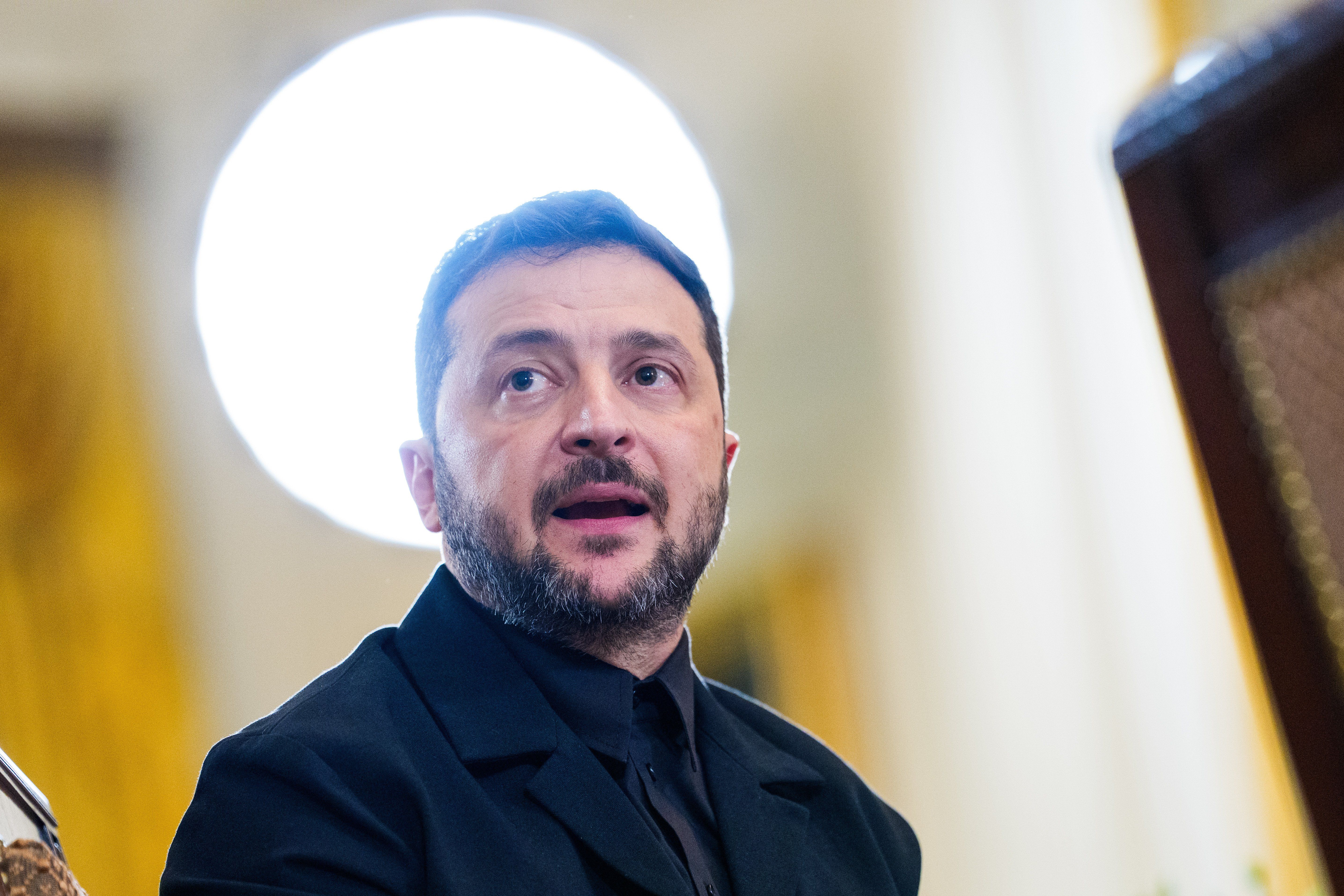What We're Watching: Will Zelensky and Putin meet, Canada's opposition leader returns, Brazil takes a stand
Will Zelensky and Putin meet?
Ukrainian President Volodymyr Zelensky’s meeting yesterday with US President Donald Trump was noticeably more cordial than his last White House visit. The pair, joined later by an impressive gathering of other European leaders, discussed the next steps for ending the Russia-Ukraine war. Trump agreed to lend US military support to help secure Ukraine should the war end, but there was a disagreement over whether a ceasefire is necessary before a peace deal. European leaders said they weren’t sure how a full end to the war would be possible without one. Trump wants to keep the conversation going, reportedly calling Russian President Vladimir Putin afterwards to ask if he’d agree to a trilateral meeting with Zelensky. Ukraine’s leader said he’d do it; will Putin follow suit?
Canada’s opposition leader returns to Parliament
Four months after losing his Ottawa seat in April’s federal election, Conservative Party leader Pierre Poilievre is projected to win the by-election (equivalent to a “special election”) in Alberta, a Conservative stronghold. The rural riding opened up after MP Damien Kurek stepped down to allow the leader to run again, which is a standard practice in Canada. Independent candidate Bonnie Critchley, who looks set to finish second among the record-setting list of 214 candidates, derided the move, arguing that the extra election cost taxpayers CA$2 million. Poilievre’s win means he can formally return as Canada’s opposition leader and begin sparring with Prime Minister Mark Carney in the House of Commons. He’ll have to make those opportunities count: Poilievre faces a mandatory leadership review in January.
Brazil pushes back on US
Brazil pushed back against the Trump administration on two fronts this week. First, the country formally rejected a US probe into its digital trade and ethanol tariffs, calling the unilateral investigation outside World Trade Organization rules. At home, Brazil’s Supreme Court Justice Flávio Dino ruled that US sanctions — including those targeting Justice Alexandre de Moraes, who is overseeing the case against former Brazilian President Jair Bolsonaro— cannot be enforced in Brazil without local approval. The dual moves put financial institutions and policymakers in a bind: comply with US pressure and risk domestic penalties, or follow Brazilian law and risk US sanctions.
